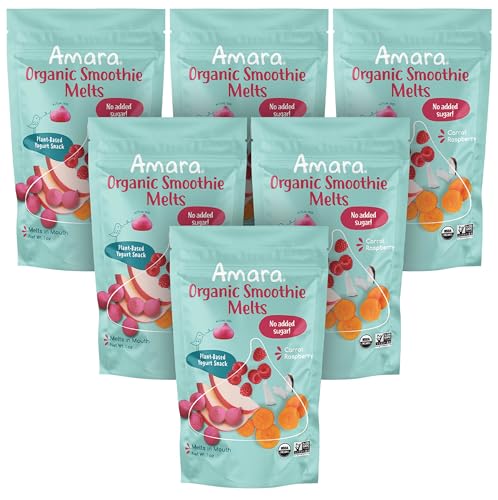SLRS
Grace Meadows Farmstead
Note: moringa seeds are poisonous to rabbits.
Moringa leaf meal
Since the late 2000s, many trials have assessed the nutritive value of moringa leaf meal, for growing rabbits, as a potential replacement for soybean meal (Nuhu, 2010; Ewuola et al., 2012a; Odetola et al., 2012; Owen et al., 2013), groundnut cake (Adeniji et al., 2012; Alemede et al., 2014), wheat offal (Vantsawa et al., 2014), or maize bran plus soybean meal (Abu et al., 2013). Inclusion rates in such diets ranged between 10 and 15%. These trials generally concluded that moringa leaf meal can be used safely in rabbit feeding, with no reduction in growth rate, feed efficiency, slaughter yield or blood parameters. However, moringa leaf meal has been linked to a slight but significant reduction of serum glucose and serum cholesterol concentration (Rajeshwari et al., 2008; Ewuola et al., 2012b). In some trials, moringa leaf meal was included successfully at 30% (Dahouda et al., 2013), and up to 40% of the diet (Safwat et al., 2014b). The main limit to the use of moringa leaf meal for feeding growing rabbits is the required nutritional balance of the diets rather than the product itself.
In breeding rabbits, moringa leaf meal was fed to males at 15% (Abu et al., 2013), and to breeding does at 7.2% in substitution for soybean meal (Ayodele et al., 2014). When moringa leaf meal replaced 20% of soybean meal protein, the breeding performance of rabbit does was significantly better than that allowed by the control diet (Ayodele et al., 2014).
While moringa leaf meal is an efficient source of dietary protein, it is deficient in sulphur-containing amino acids (providing only 50 to 80% of requirements) and lysine. In experiments with protein-rich moringa leaf meal, the faecal protein digestibility was found to be high (70-71%, Adeniji et al., 2012) or increased in presence of moringa, e.g. from 65% up to 80% (Ewuola et al., 2012a; Nuhu, 2010). This positive effect of moringa leaf meal on protein and DM digestibility was also observed at moderate inclusion rates as low as 3% (Djakalia et al., 2011). However, when moringa leaf meal contained less protein (20-23%) and more fibre (NDF 31%, ADF 26%, Safwat et al., 2014b), the calculated protein digestibility was only about 50% (Lebas, 2013). Likewise, the digestible energy content of moringa leaf meal may be estimated from 10.6 to 13.8 MJ/kg DM for low-protein and high-protein meals respectively (Lebas, 2013). Therefore, it is recommended that the composition and nutritional value of moringa leaf meal is assessed on a per case basis before it is used in balanced rabbit diets.
The relatively high energy content of moringa leaf meal is partly due to its low fibre content but also to its unusually high concentration of lipids. The high proportion of α-linolenic acid may help to improve meat composition as well as the health status of rabbits (Colin et al., 2012).
Moringa leaves and their extracts may have an immunomodulating effect. Aqueous extracts of moringa leaves fed for 30 days to male rabbits (5 ml/d/head) increased CD4 cells, blood insulin concentration and enhanced enzymatic activity (Isitua et al., 2013). Inclusion of moringa leaves in the diets of growing rabbits had an antihyperglycemic or hypoglycemic effect and an hypocholesterolemic activity (Rajeshwari et al., 2008).
Moringa seeds
Literature on the use of moringa seeds in rabbit feeding is nonexistent at the time of writing (December 2014). In Benin, growing rabbits fed a compound diet containing 10% moringa seeds had a 50% mortality rate within the first 10 days. It is not known whether this was due to an intrinsic toxicity of moringa seeds, which contain glucosinolates, or to a post-harvest contamination, as the seeds had been stored for several months before use (Adoukonou, 2014, personal communication). In support of the toxicity hypothesis, it should be noted that moringa seeds fed to growing rats resulted in low feed intakes, impaired growth and physiological troubles (Oliveira et al., 1999). Therefore, the use of moringa seeds in rabbits feeding cannot be recommended until trials demonstrate its safety.



















































